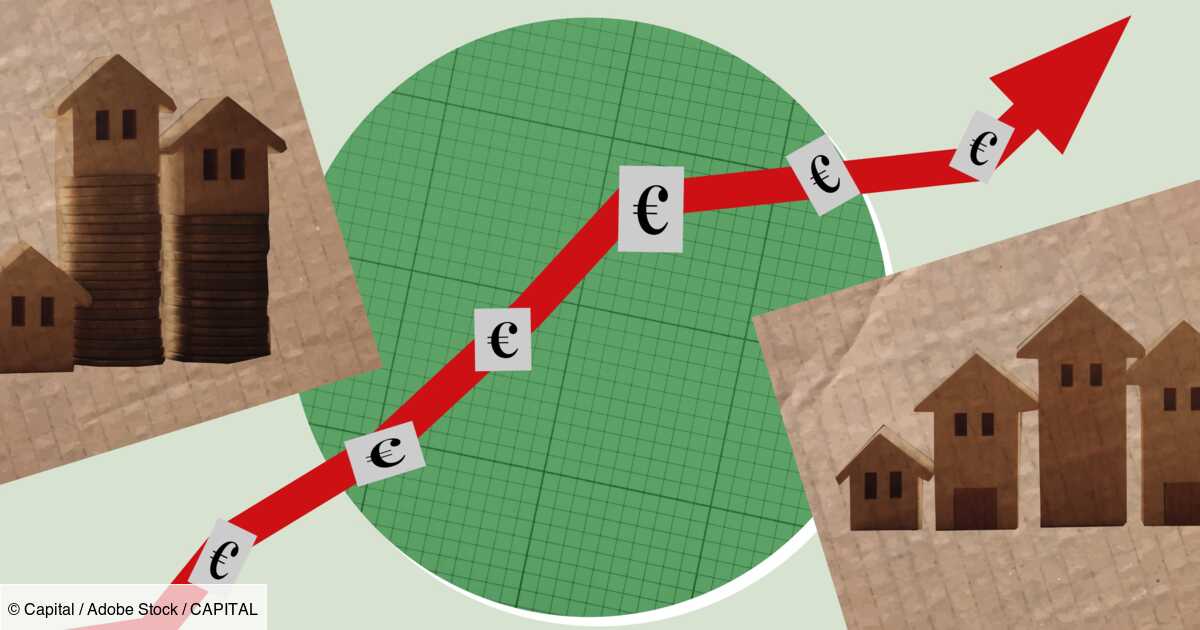
Identifying whether your child is the victim of school bullying is very often difficult. However, certain typical signs can alert you and help you detect a worrying situation.
For parents, it is not always easy to recognize the signs of school bullying, and to know whether or not their own child is a victim. Often, the children involved talk little about what they experience at school once they return home. Adults, for their part, can sometimes confuse bullying with simple quarrels between classmates at recess. So, how to recognize a harassment situation? It is essential to remain vigilant for changes in the child’s behavior, and to watch for certain signs.
1 – The child no longer wants to go to school
Bullying at school has consequences on the child’s daily life. “A student who suddenly no longer wants to go to class, or drags his feet, is not a slacker.“, explains Nora Fraisse in her guide “Stop Harassment!” We must in fact pay attention to this discomfort which can be characterized by difficulty getting up in the morning, a rejection of school, the desire to stay at home, the fear of taking the school bus, delays or requests for money. Your child may therefore ask you to accompany him, exceptionally, to the school gate, until the gates. open. Or to pick it up at the exit in the evening.
2 – The child has injuries, his equipment is damaged
He may tell you that he fell without intention, but your child is not that clumsy. His equipment is regularly vandalized, he asks you for a new kit because his was supposedly accidentally leaking water, he loses his notebooks, his coat, he comes home with mud stains or injuries… The child will try to hide his injuries, even if it means lying so as not to worry his parents.
3 – The child is exhausted and has problems
Their fear of going to class and confronting these harassers can turn into anxiety, stomach aches, crying, bedwetting or nausea. He must constantly remain on his guard, be vigilant to his surroundings and this exhausts him. “He can also have nightmares, develop eczema, lose his hair, have hormonal disturbances, especially for girls (delayed periods for example), or even stunted growth.“, psychologist Hélène Romano explained to us.
“He can have nightmares, develop eczema, lose his hair, have hormonal imbalances, or even stunted growth.”
4 – The child is isolated
A child who is the victim of harassment gradually isolates himself. “He isn’t invited to his friends’ birthday parties, and doesn’t have anyone’s contact details. Besides, if he misses a class and wants to make it up, he won’t know who to contact.” explains Hélène Romano. He will tend to play alone and withdraw, sometimes even hiding in the toilets or in the CDI during recess, eating quickly in the canteen to take better refuge afterwards. He will try to avoid places frequented by his classmates, and will not want to celebrate his birthday at home.
5 – The child is failing at school
The victim may have difficulty concentrating in class. School, supposed to be the place where the child feels protected, then becomes dangerous for him. The child has difficulty paying attention. He drops out, and it shows in his academic results. When he is old enough to do so, he will go so far as to skip classes, without warning anyone. In the meantime, he will try to avoid his attackers by systematically being late or absent.
Furthermore, at home, he may also appear absent and worried, be agitated, complain, have a loss of appetite or even become irritable and aggressive. These are also signs to perceive.







